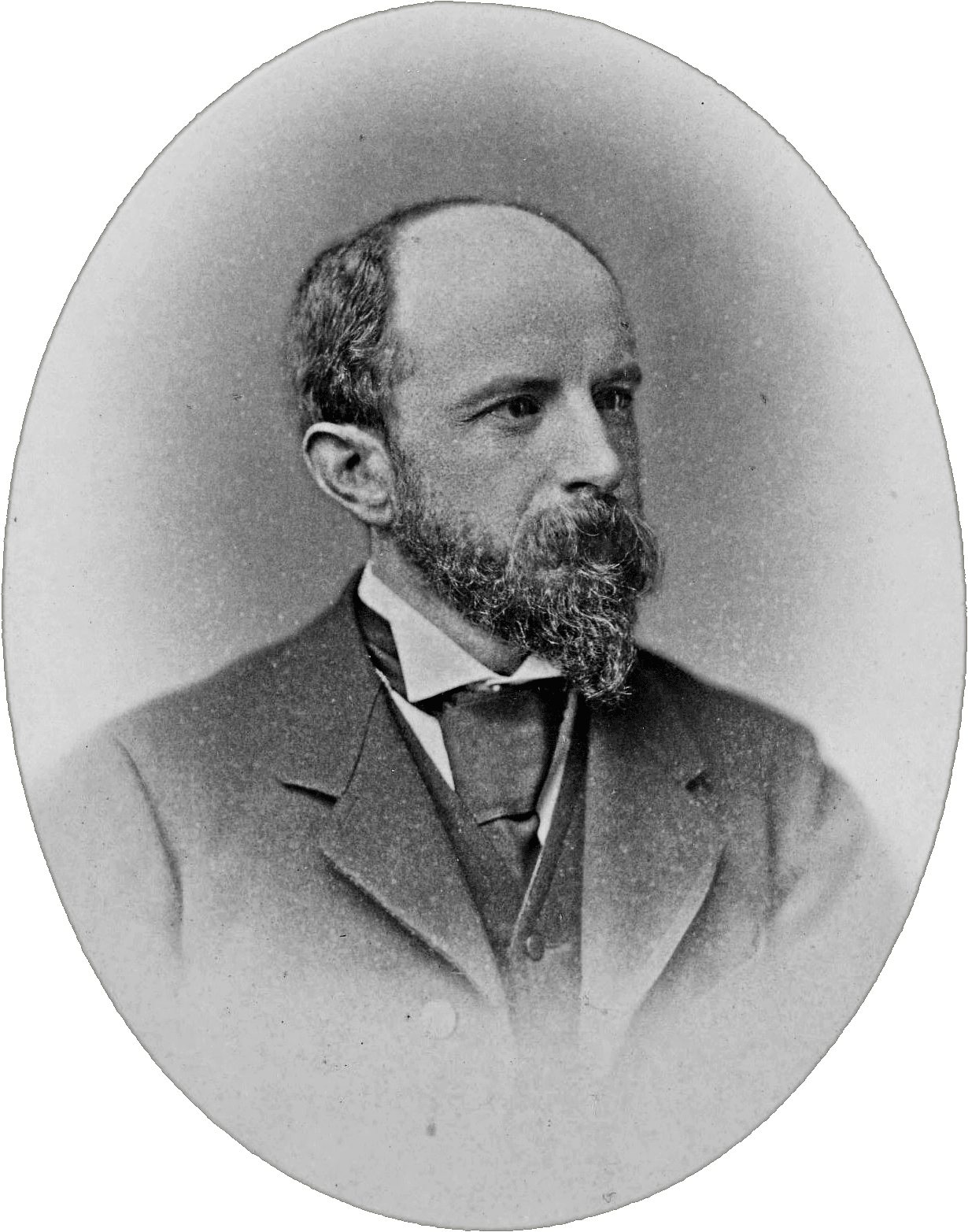Peace, Peace, When there is no Peace
 Recent events have led me back to Henry Adams’ great work on U.S. history. There is a side of the American mind that wishes the world could be different than it is:
Recent events have led me back to Henry Adams’ great work on U.S. history. There is a side of the American mind that wishes the world could be different than it is:
Few men have dared to legislate as though eternal peace were at hand, in a world torn by wars and convulsions and drowned in blood; but this was what Jefferson aspired to do.
Even in such dangers, he believed that Americans might safely set an example which the Christian world should be led by interest to respect and at length to imitate. As he conceived a true American policy, war was a blunder, an unnecessary risk; and even in case of robbery and aggression the United States, he believed, had only to stand on the defensive in order to obtain justice in the end. He would not consent to build up a new nationality merely to create more navies and armies, to perpetuate the crimes and follies of Europe; the central government at Washington should not be permitted to indulge the miserable ambitions that had made the Old World a hell, and frustrated the hopes of humanity.
After delusion, comes the inevitable come down. But, Adams realized, that does not necessarily mean the critics get their way.



